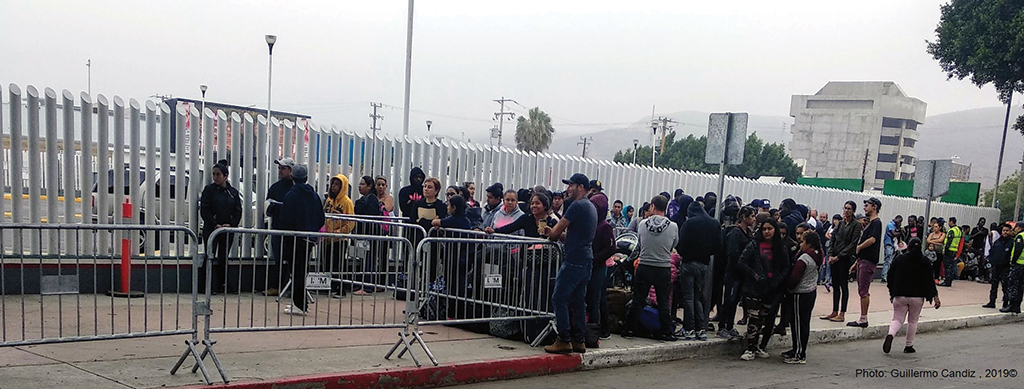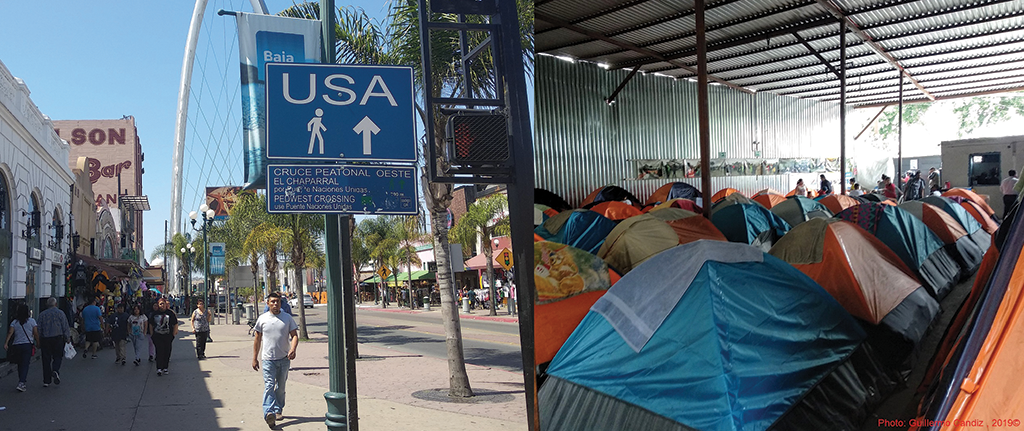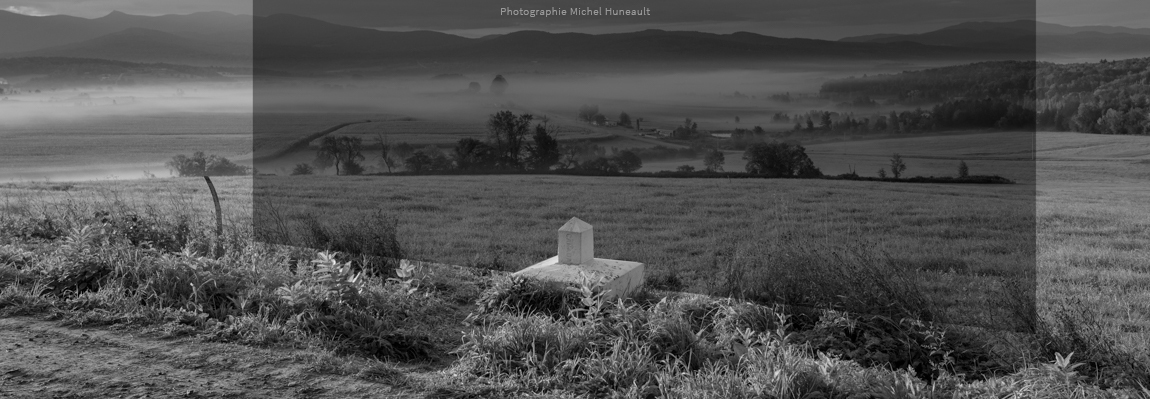
March 25, 2020
COVID-19, Another Obstacle Facing Asylum Seekers
Report written by Guillermo Candiz
Postdoctoral researcher associated with the Chair
Guillermo specialises in migratory dynamics in the Americas and northern Africa.
The spread of the COVID-19 virus has become a new obstacle facing asylum seekers stuck waiting in Mexican cities located at the US border. Donald Trump’s administration, invoking the spread of the virus, announced the closure of the border with Mexico for non-essential travel on Friday, March 20, 2020 preventing anyone demanding asylum at the Mexican border from crossing it. On top of that, the American government decided that processing applications of asylum seekers who had managed to apply be suspended. As a matter of fact, US immigration courts closed and, subsequently, cancelled every hearing until April 10, 2020.
These decisions are exposing asylum seekers to new restrictive and anti-migrant policies, which are further worsening the already dire situation for more than 6,000 people who have been expelled to Mexico since January 2019 for the duration of their application process, under the Migrant Protection Protocols (MPP).
This migrant population is steadily increasing: those already waiting in different cities located at the northern Mexican border are being joined by hundreds heading north every day. It is worth mentioning that this population is mainly comprised of families with children. Most of them are stuck, without any protections or rights, exposed to the dangers of irregular migration.
Some of these families are living in hostels managed by NGOs that are generally functioning beyond capacity. Moreover, people in these spaces are vulnerable to COVID-19 and other diseases. They are indeed characterised by precarity, overpopulation, and a lack of space, making it impossible to fulfil the hygienic measures, social distancing, and quarantining recommended by the World Health Organization (WHO). At the moment, hostels have not yet received government support nor directives to cope with this critical situation. They have, consequently, decided to no longer welcome newcomers in an attempt to prevent the virus from spreading. The migrants’ situation is, thus, even more precarious, since hostels provide them with essential humanitarian aid.
To ensure the pandemic does not exacerbate the existing humanitarian crisis taking place at the northern Mexican border and collapse the migrants’ welcoming facilities, the American and Mexican governments must urgently develop strategies to ensure access to healthcare services and implement measures to mitigate the spread of the virus to migrants, while guaranteeing them access to the right of asylum.


